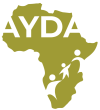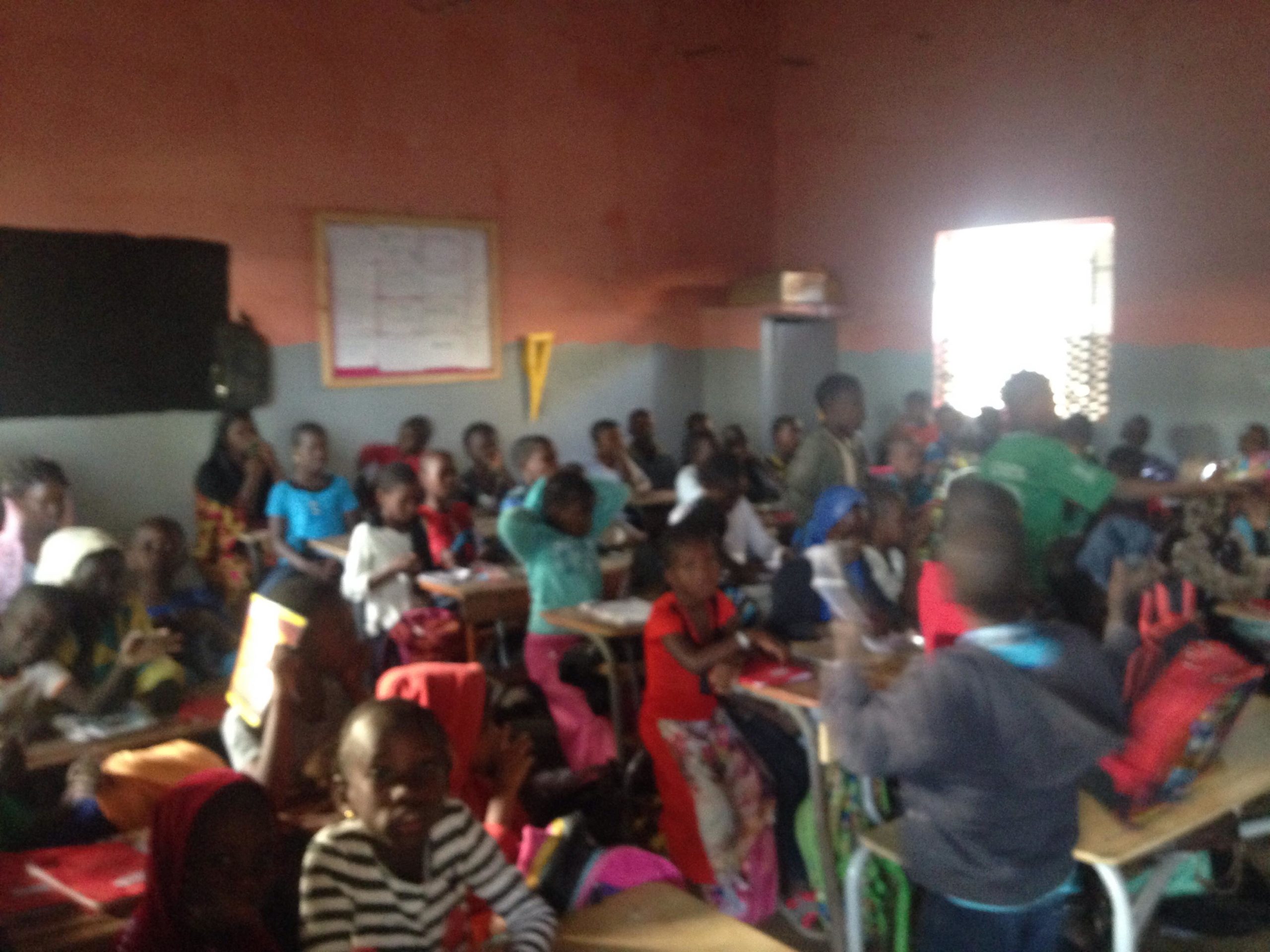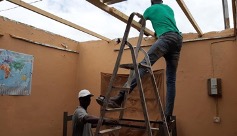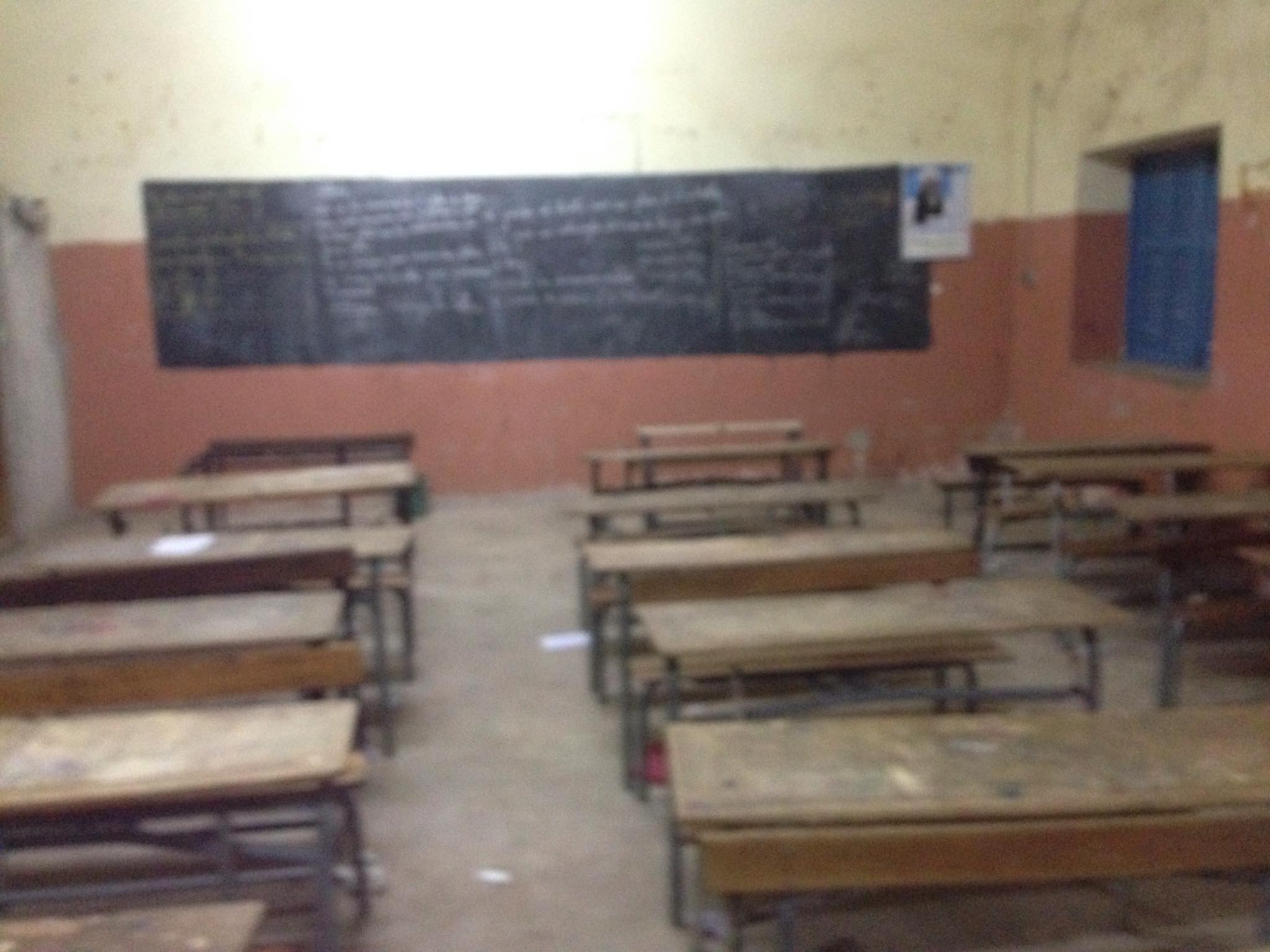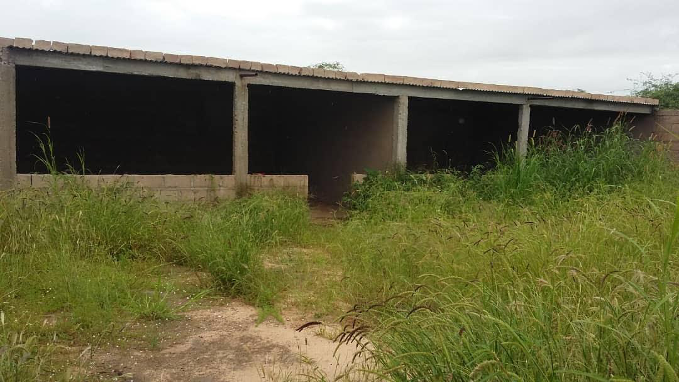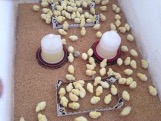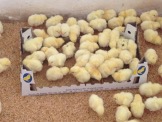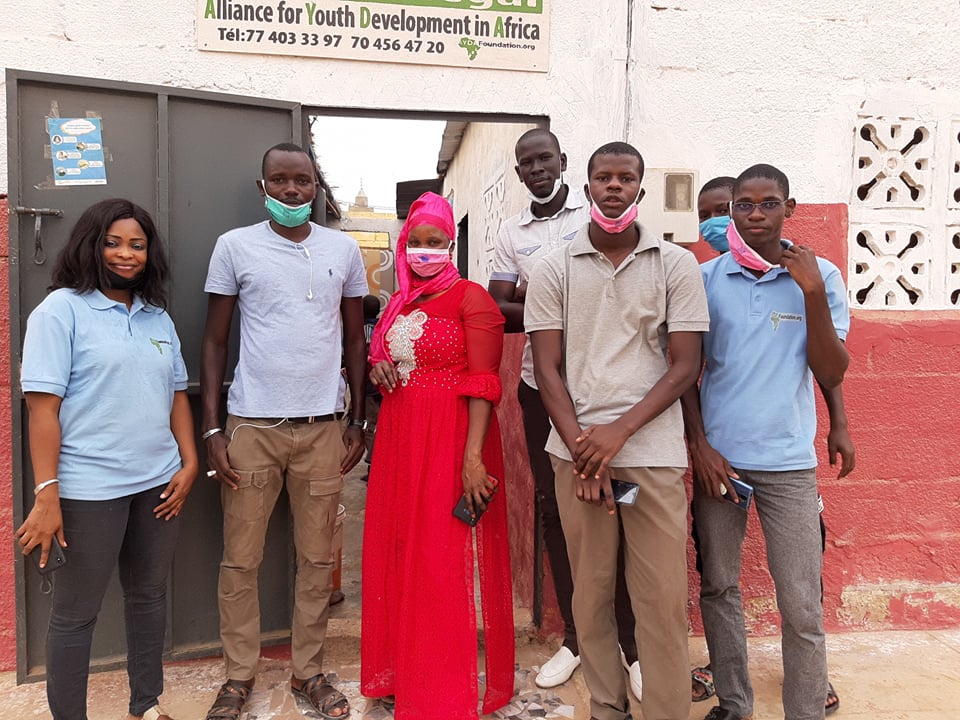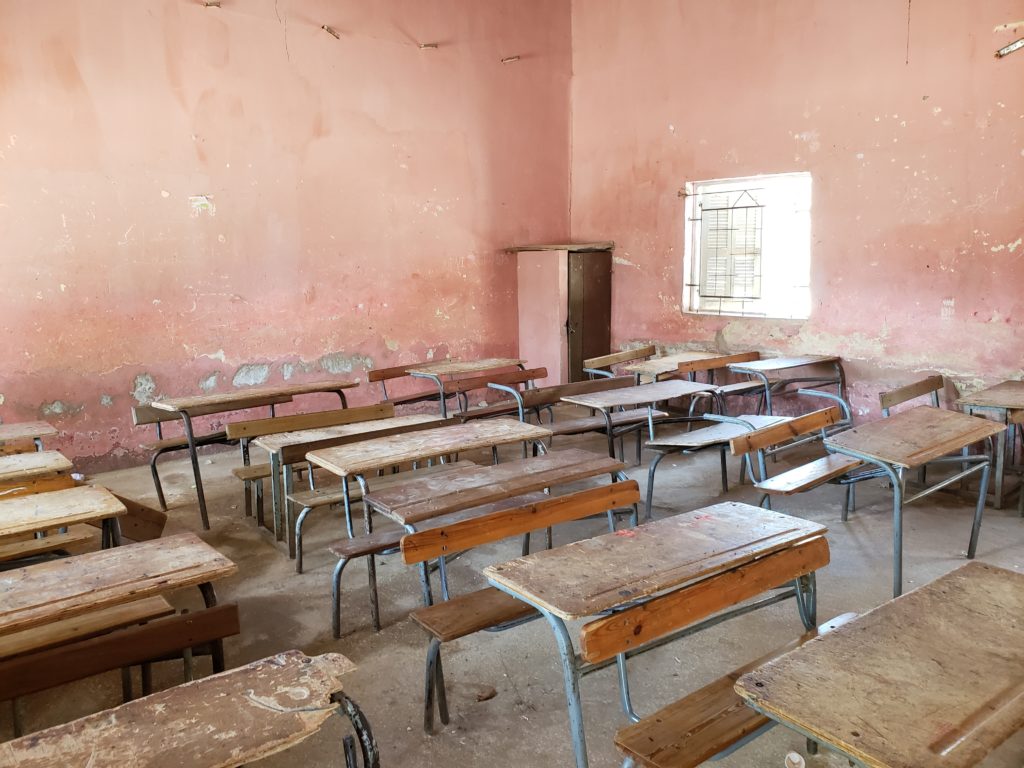On 24th January- the International Day of Education- AYDA celebrates the role of education in uplifting children and youth. The theme for this years’ celebration is ‘Recover and Revitalize Education for the COVID-19 Generation’, which is apt given the worldwide impact of COVID-19 and the effects that it has had on education. UNESCO recognizes the importance of international solidarity as well as collaboration to place education at the center of recovery efforts.
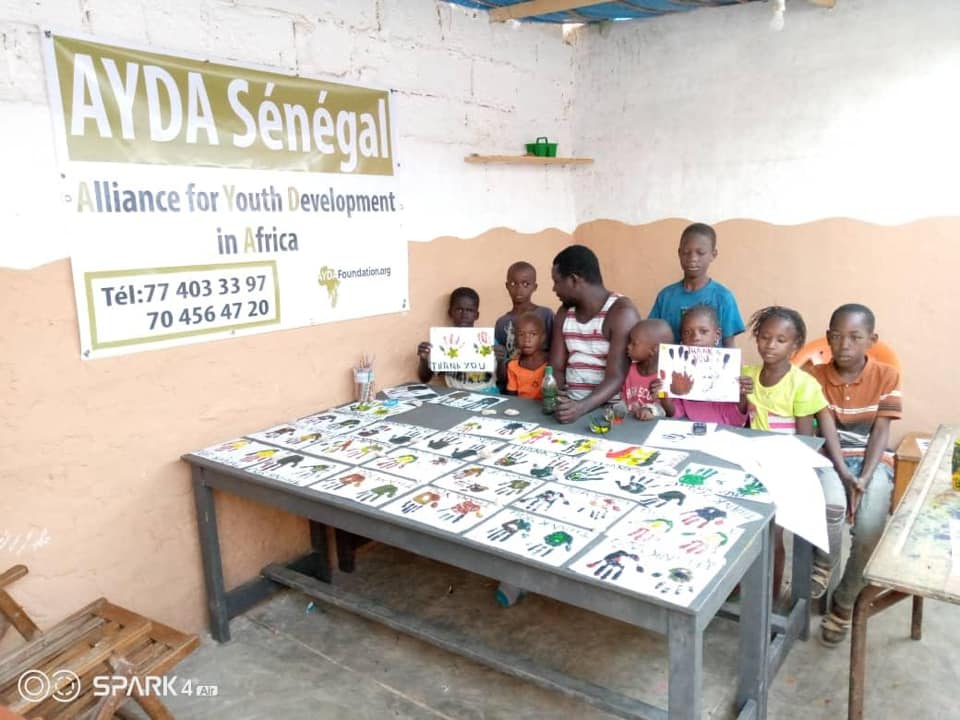
AYDA values the importance of global events that raise awareness and supports initiatives that encourage global collaboration as well as accelerate work on education and youth development. AYDA’s mission is to educate and empower the underserved communities in Africa to overcome long-standing cycles of poverty and inequality. To support its mission, AYDA partners with local government, community leaders, and local NGOs to develop sustainable solutions that enhance education and youth development in Africa. Through collaboration with our local partners in Africa, AYDA has upgraded the school infrastructure, initiated a chicken farming project to teach children valuable entrepreneurial skills, and is in the process of building a school that will eventually be capable of accommodating 500 students.
UNESCO reports that 91 percent of all students in the world have been affected by COVID-19 related school closures. The statistics were already unfavorable before the pandemic as there were an estimated 258 million children who were not attending school and about 617 million youth who could not read or do basic math. AYDA is even more determined to create a sustainable impact on education and youth development in Africa.
AYDA is also committed to accelerating action on Sustainable Development Goal 4 (SDG4), which is part of the United Nations 2030 Agenda for Sustainable Development that aims to “ensure inclusive and equitable quality education and promote lifelong learning opportunities for all.” In alignment with SDG 4, AYDA focuses its efforts to facilitate social upliftment and education as well as advocate for better opportunities for the youth in Africa.
A recent UN Resolution related to the International Day of Education, summarizes the importance of education and recognizes that “education plays a key role in building sustainable and resilient societies and contributes to the achievement of all of the other Sustainable Development Goals; it increases the productivity of individuals and strengthens the potential for economic growth, develops the skills needed for decent work, develops the professional skills needed for sustainable development, including in the fields of water and sanitation, green energy and the conservation of natural resources, helps to eradicate poverty and hunger, contributes to improved health, promotes gender equality and can reduce inequality, and promotes peace, the rule of law and respect for human rights”.
The celebration of International Education Day by UNESCO is organized in partnership with the Global Partnership for Education as well as the Centre for Interdisciplinary Studies (CIS) and features the participation of partners from the Global Education Coalition. AYDA is keen to collaborate with partners around the world to advance its mission of youth development in Africa. AYDA would also like to pay its gratitude to the supportive individuals who share AYDA’s passion and commitment to advance education in Africa.
If you wish to donate to AYDA and help empower the youth in Africa, please consider donating through our website here https://aydaf.org/. All donations are tax-deductible.
Written by Kate Berrisford and Naina Anand
